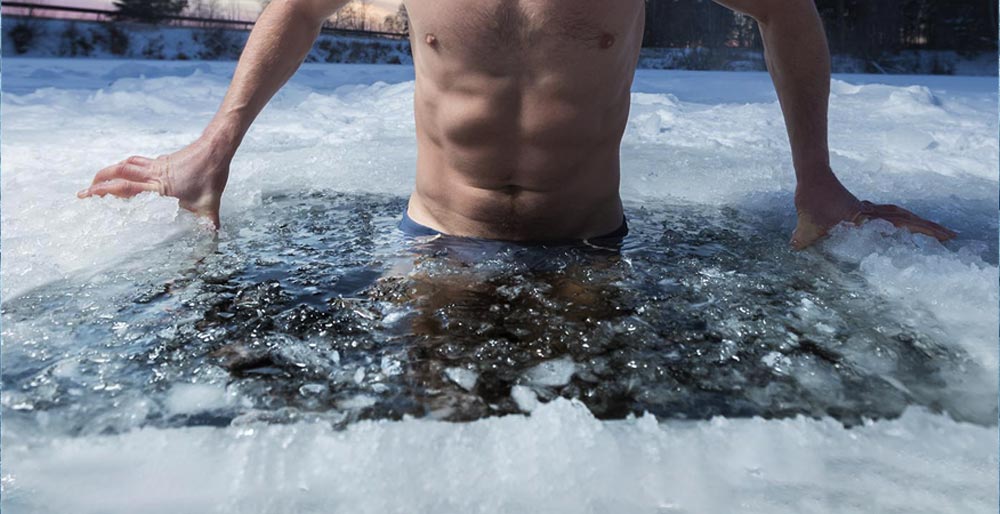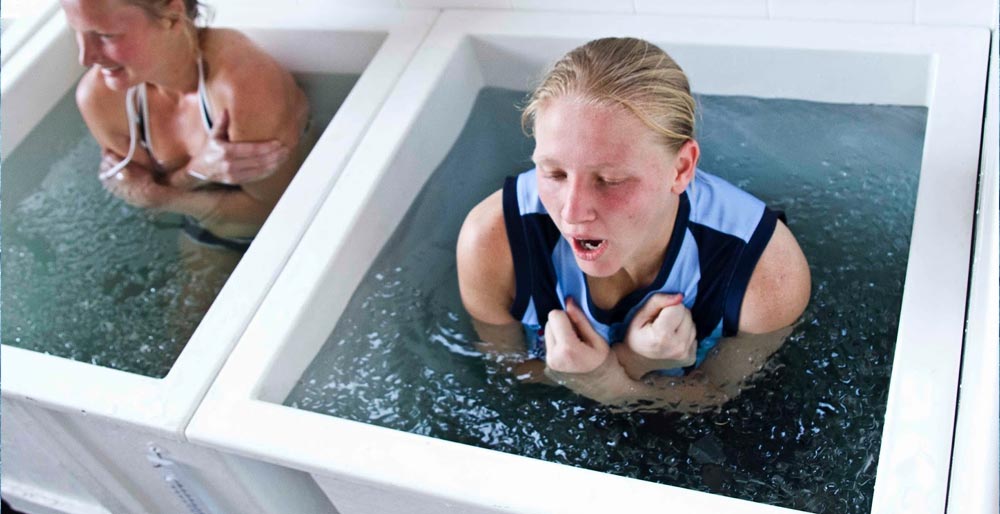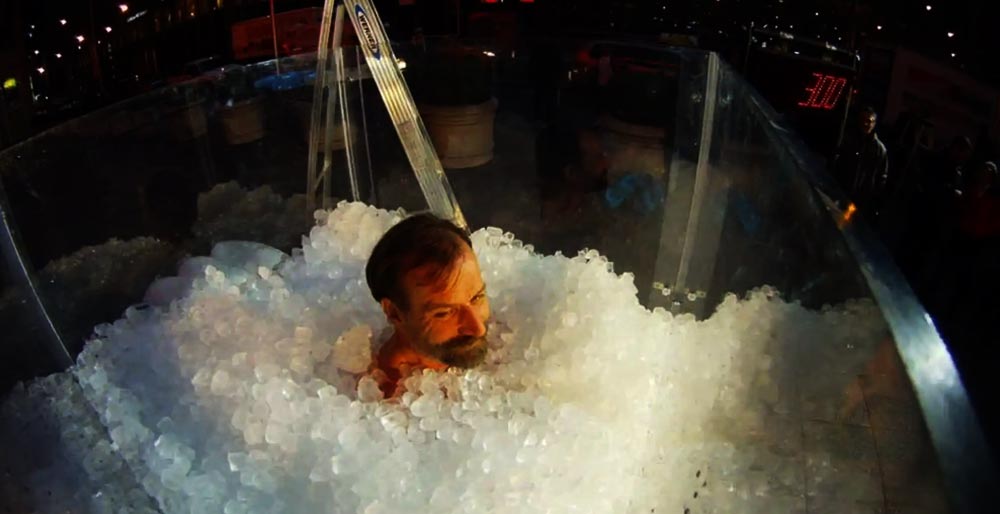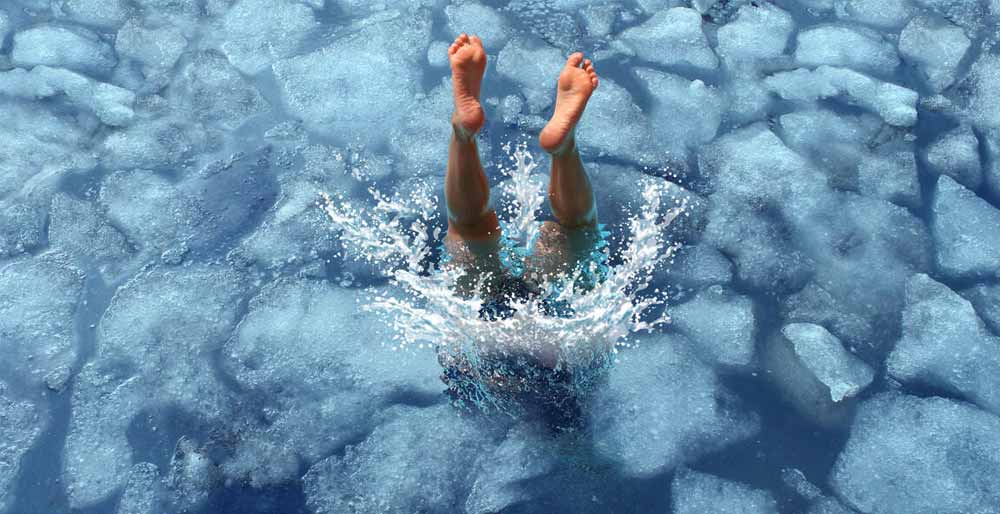Introduction to Cold Water Therapy
Therapeutic techniques involving cold water, sometimes referred to as cryotherapy or hydrotherapy, have been a part of human tradition for many years. The power of Cold Water Therapy also extends to your mental well-being. The initial encounter with the frigid water can be startling, but it also serves to train your body in handling stressful situations. This practice has roots in ancient societies and has been employed to foster health and wellness. The technique utilizes the chilling effect of water to trigger the body’s innate healing systems. With a variety of names and applications, this therapy proves to be quite multifaceted.
The Science Behind Cold Water Therapy
Cold water therapy’s prospective advantages are significant. Research has provided evidence that it can fortify the immune system, uplift the mood, lessen muscular discomfort, and bolster blood flow. Moreover, such treatment can heighten wakefulness, thus becoming a favored option for individuals in search of an organic surge of energy.
Simultaneously, the cold water activates the sympathetic nervous system, leading to an increase in endorphin levels. These endorphins, often referred to as ‘feel-good’ hormones, can enhance mood and reduce feelings of pain.

Benefits of Cold Water Therapy
The possible advantages of chilly water treatment are numerous. Research has demonstrated its ability to strengthen the immune response, elevate mood, diminish muscle discomfort, and better blood flow. Moreover, this treatment can heighten attentiveness, hence, it’s frequently favored by individuals desiring an organic enhancement of energy.
For instance, a study published in the Journal of Clinical Investigation found that regular cold showers could increase the number of disease-fighting white blood cells in the body. Similarly, a study in the International Journal of Circumpolar Health reported that winter swimmers experienced less fatigue and tension, and more vigor and memory, compared to non-swimmers.
Risks and Precautions
The therapeutic application of cold water comes with its fair share of advantages, yet one must also acknowledge its potential hazards. These might entail conditions like hypothermia and shock to the cardiovascular system, which can be especially harmful for people with already existing heart issues. As such, it becomes essential to consult a medical professional prior to embarking on the cold water therapy journey, more so for individuals diagnosed with specific health issues.
Different Types of Cold Water Therapy
Various forms of cold water therapy exist, each offering specific benefits and posing certain risks. These forms include taking ice baths, having cold showers, swimming in cold water, and immersing in cold water. Athletes, for instance, often use ice baths to lessen muscle soreness after rigorous training, while anyone can conveniently incorporate cold showers into their daily routine as a form of this therapy.

Procedure and Best Practices
When undergoing cold water therapy, it’s important to follow certain best practices. The optimal temperature range for cold water therapy is between 10 to 20 degrees Celsius. The duration can vary depending on the individual’s tolerance and the specific therapy method, but generally, it should not exceed 15 minutes. Frequency can also vary, but many practitioners recommend daily sessions for maximum benefits.
Personal Testimonials and Case Studies
Many individuals, from athletes to ordinary people, have shared their positive experiences with cold water therapy. For example, Wim Hof, also known as “The Iceman”, has used this therapy to achieve numerous world records and promote the benefits of cold exposure.
Common Myths and Misconceptions
Despite its popularity, there are many myths and misconceptions about cold water therapy. One common myth is that it can lead to muscle stiffness, when in fact, it can help reduce muscle soreness. It’s important to have a balanced and realistic understanding of what to expect from this therapy.

FAQs
This section addresses common questions about cold water therapy, such as “How long should I stay in the cold water?” or “Can I do cold water therapy if I have a heart condition?”.
Resources and Further Reading
For those interested in learning more about cold water therapy, there are numerous resources available. These include books like “The Wim Hof Method” by Wim Hof, articles from reputable health websites, and videos on platforms like YouTube.
In conclusion, cold water therapy is a versatile and beneficial practice with a rich history. Whether you’re an athlete looking to enhance recovery or an individual seeking natural ways to boost health and wellness, it could be worth exploring. However, always remember to consult with a healthcare professional before starting any new therapy. Embrace the power of Cold Water Therapy today and embark on a thrilling journey of rejuvenation, resilience, and restoration. As you delve into this refreshing routine, discover the boundless potential your body holds for health, wellness, and vitality.









